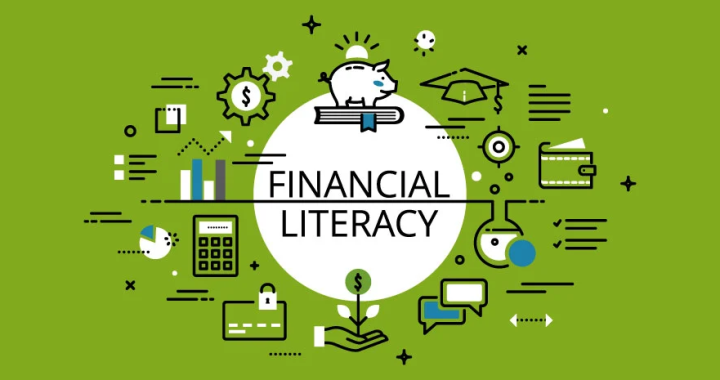Financial literacy is a crucial life skill that empowers individuals to make informed and Read More
Financial literacy is essential for building wealth. It enables individuals to understand investment options, risk, return, and the power of compounding. Understanding these concepts helps individuals make informed investment decisions. From choosing suitable mutual funds to diversifying their portfolio, financial literacy empowers individuals to make investments aligned with their financial goals. Financial literacy is also essential for aspiring entrepreneurs. It enables them to understand financial statements, manage cash flow, and secure funding for their business ventures. Equipped with financial literacy, entrepreneurs can make sound financial decisions that drive their businesses towards success. Financial literacy is a life skill that holds the key to unlocking financial security and independence. It empowers individuals to take control of their economic destinies, make informed decisions, and achieve their financial goals. Financial literacy helps individuals to plan for long-term goals, such as retirement, education, and homeownership. Financial literacy is also crucial for tackling emergencies. It enables individuals to manage their finances during unexpected events, such as job loss, illness, or natural disasters. Financial literacy helps individuals to build emergency funds, manage debt, and make informed decisions during challenging times. Financial literacy also helps to reduce financial stress and anxiety. It enables individuals to manage their finances effectively, make informed decisions, and plan for the future. Financial literacy helps individuals to avoid debt traps, manage their expenses, and build a secure financial future. Financial literacy must start young. Early learning of concepts like the value of compounding, the difference between needs and wants, delayed gratification, opportunity cost, and responsibility will hold the next generation in good stead. Values of assets and money cannot be taught overnight, therefore starting young is imperative. In other words, whether you like it or not, financial management slowly becomes an integral part of life, and the sooner one starts inculcating the habit, the better. One of the most significant advantages of financial literacy is the ability to recognize and avoid potential debt traps. Young investors, often lured by easy credit and the appeal of instant gratification, can quickly find themselves in a cycle of debt if they aren’t careful. Financial literacy educates individuals about the true cost of borrowing, including interest rates, fees, and the long-term implications of carrying debt. Understanding the difference between good debt (like student loans or mortgages, which can be considered investments in one’s future) and bad debt (like high-interest credit card debt) is crucial. With this knowledge, young investors can make informed decisions about when and how to borrow, ensuring they use credit to their advantage rather than letting it become a financial burden. Moreover, being financially literate means being aware of predatory lending practices, understanding the terms and conditions of any financial agreement, and knowing one’s rights as a consumer. This awareness can prevent young investors from falling into debt traps that can hinder their financial growth and well-being.
Building Wealth
Entrepreneurship
Achieving Goals
Tackling Emergencies
Less Financial Stress
Starting Young
Avoiding Debt Traps
In conclusion, financial literacy is a fundamental skill that empowers individuals to make informed and responsible decisions about their money. It is essential for building wealth, achieving goals, tackling emergencies, and reducing financial stress. Financial literacy must start young, and it is a life skill that holds the key to unlocking financial security and independence.

